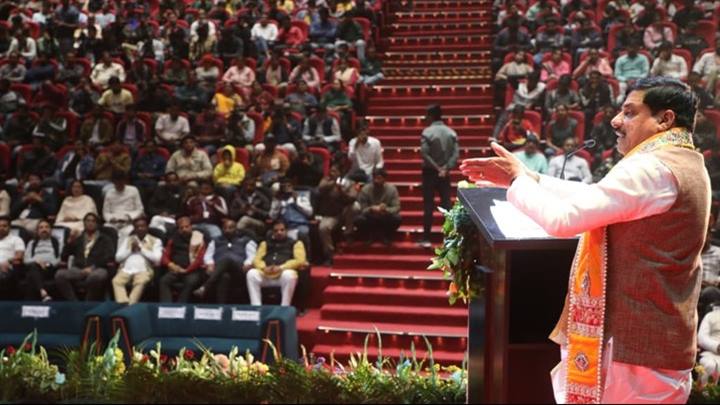Musk is courting the far right in Germany — and there's not much European leaders can do about it
European leaders have raised concerns about Elon Musk interfering with Germany's elections as he plans to host a chat with far-right leader Alice Weidel on X.

Elon Musk's planned interview with Alice Weidel, leader of Germany's far-right Alternative for Germany (AfD) party, has sparked significant backlash from European political figures. The event, set to take place on Musk's platform X, raises complex questions about free speech, platform responsibility, and potential violations of electoral regulations.
Key Points of Controversy:
-
AfD's Extremist Status: The AfD is classified as a "suspected extremist organization" by German intelligence, yet Musk has openly supported the party, claiming it is essential for Germany's future.
-
Political Reactions:
- German Chancellor Olaf Scholz and opposition leader Friedrich Merz criticized Musk for his involvement in German politics.
- French President Emmanuel Macron and former European Commissioner Thierry Breton expressed concerns over the potential electoral advantage this interview could provide the AfD.
-
Free Speech vs. Electoral Fairness:
- Legal experts argue that while the interview itself may not violate laws, it risks undermining civic discourse if Musk and X fail to provide equal representation to other political parties.
- The EU’s Digital Services Act (DSA) mandates platforms to mitigate risks to democratic processes, including avoiding preferential treatment for specific political content.
-
Potential Violations:
- Critics suggest the interview could constitute an illegal political donation, as X's resources are being used to amplify the AfD's reach—something typically monetized for significant sums.
- The European Commission is monitoring X for compliance with the DSA and has already raised concerns about the platform's reduced content moderation capabilities.
-
Impact on Civic Discourse:
- Musk's algorithmic favoritism, both for his own posts and potentially for AfD content, may contravene the DSA's requirements for neutrality and risk mitigation.
- Civil society groups have called for measures such as disabling X's recommendation algorithm ahead of Germany's February election to prevent undue influence.
Broader Implications:
This episode underscores the growing tension between tech platform autonomy and regulatory oversight in democratic systems. Musk's actions highlight the challenges governments face in ensuring fair electoral processes while respecting free speech on global platforms. The outcome of this controversy could set a precedent for how platforms like X are held accountable during elections.






















